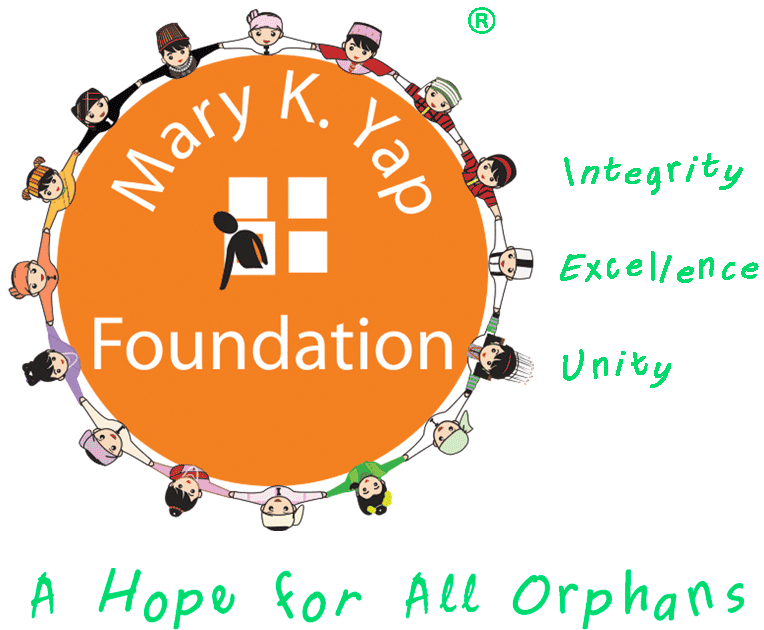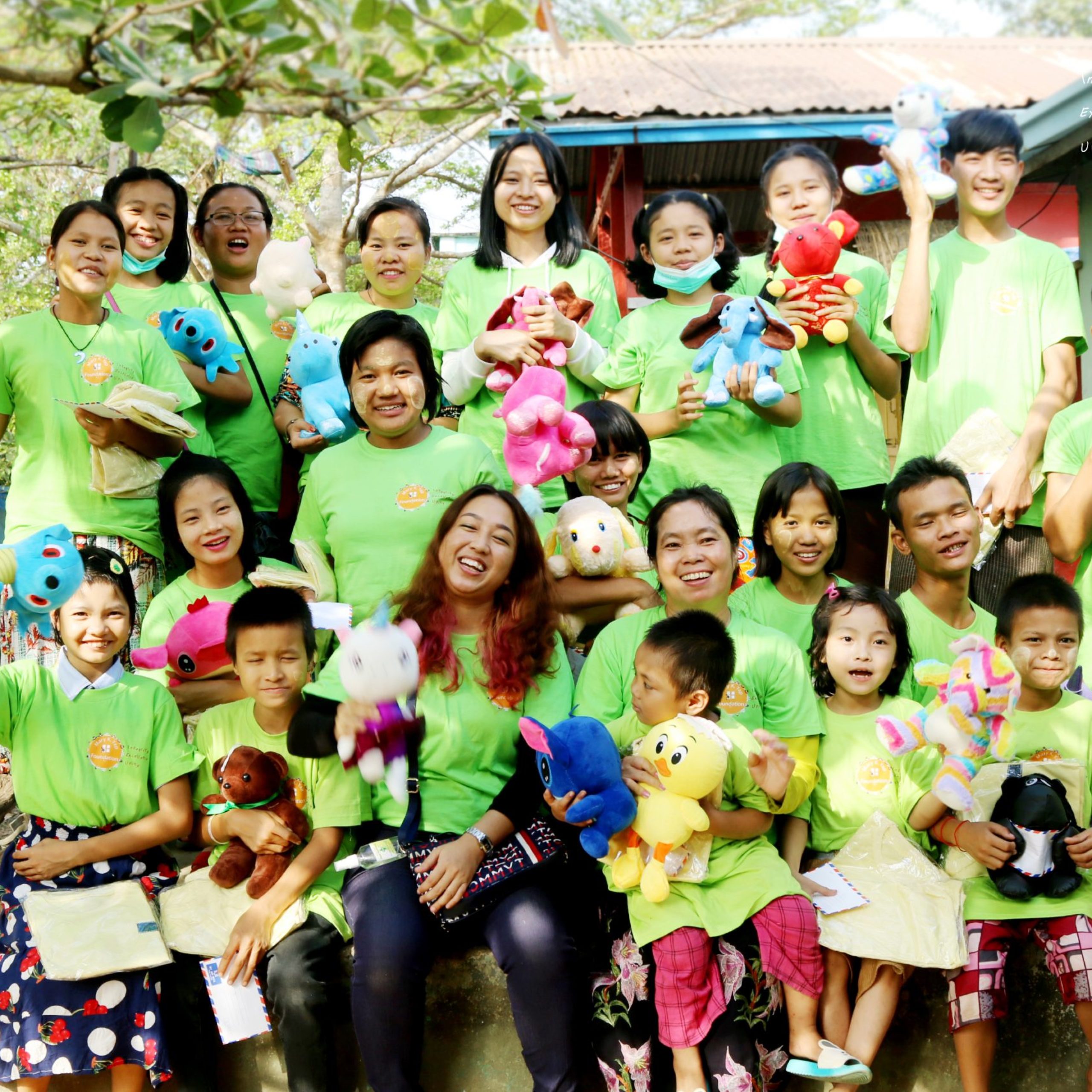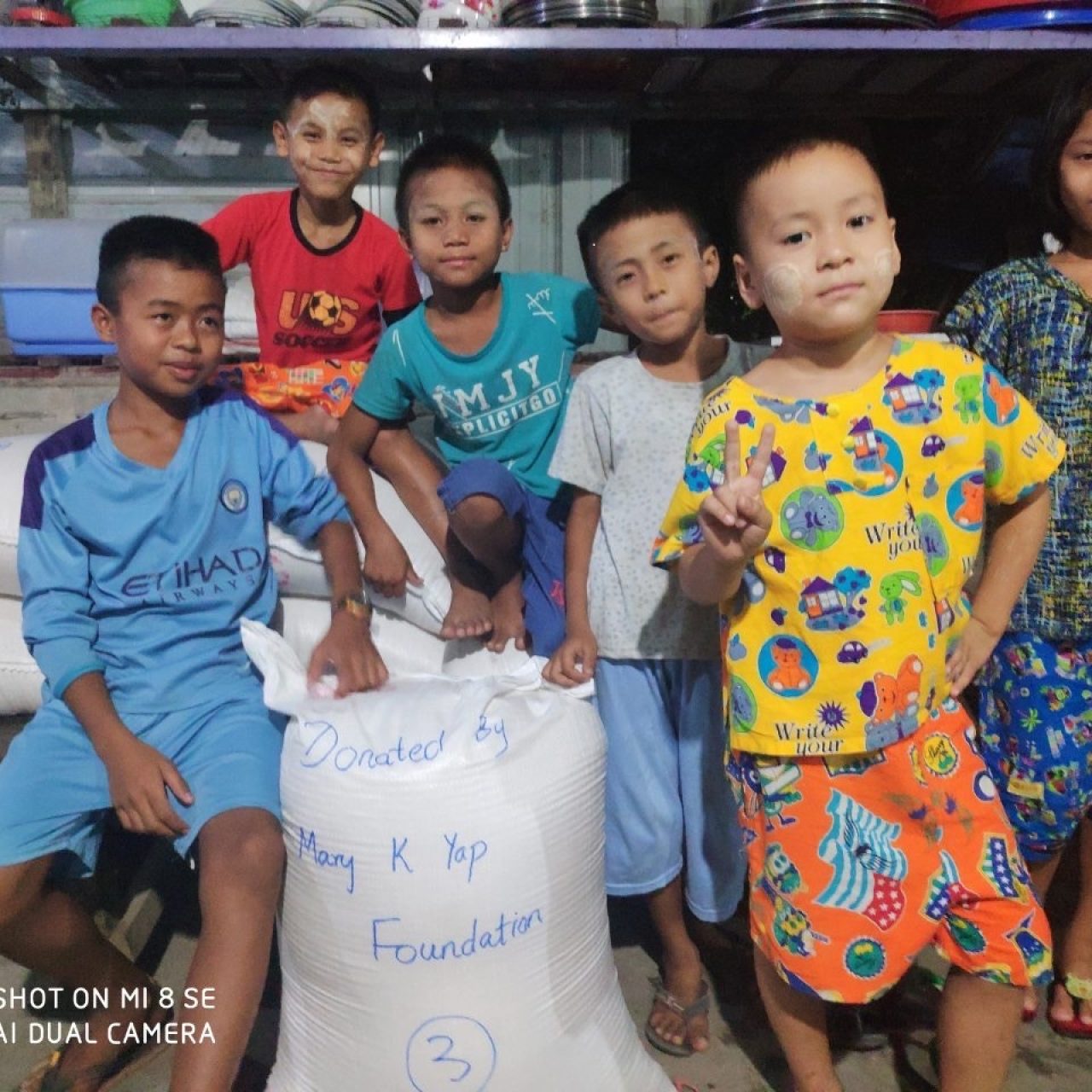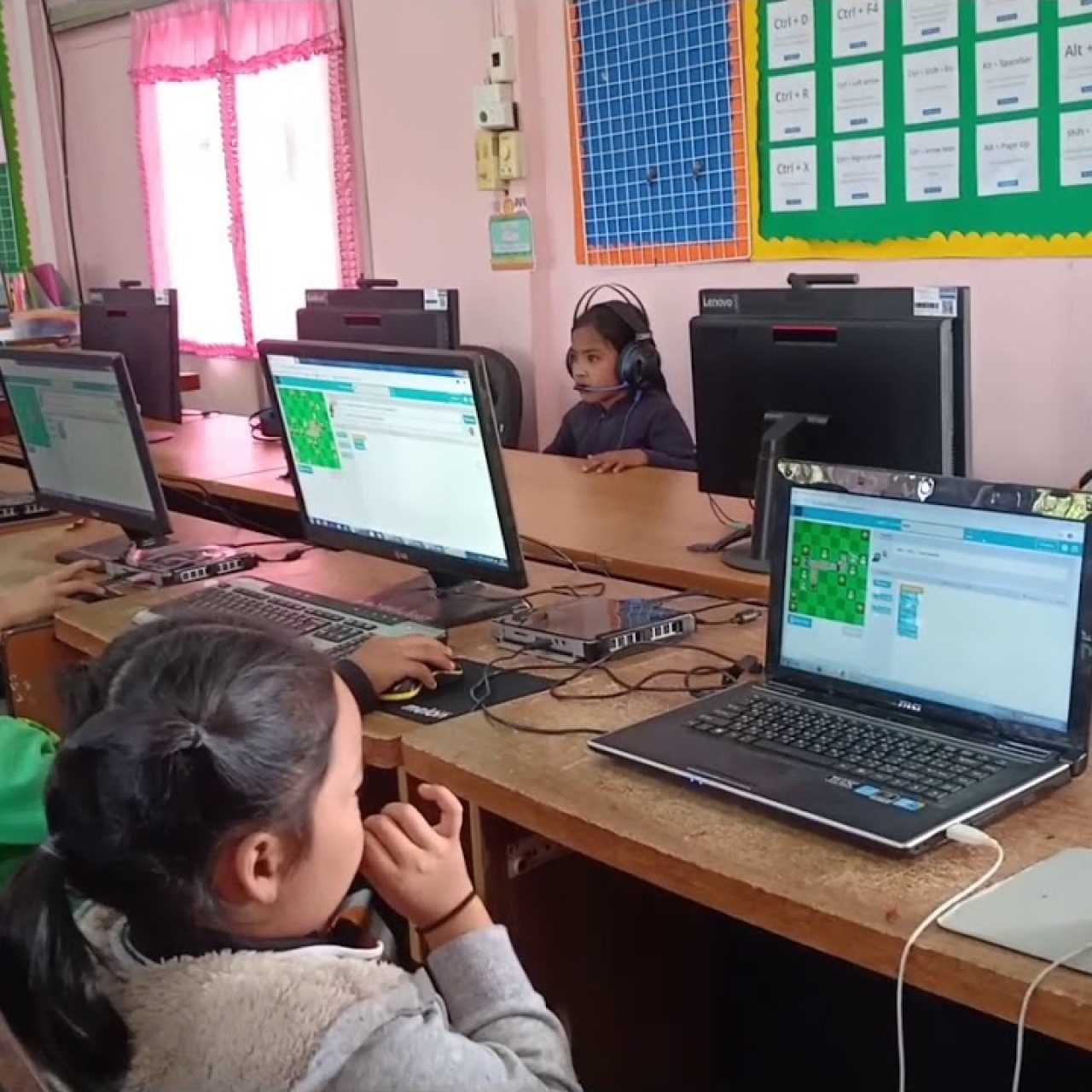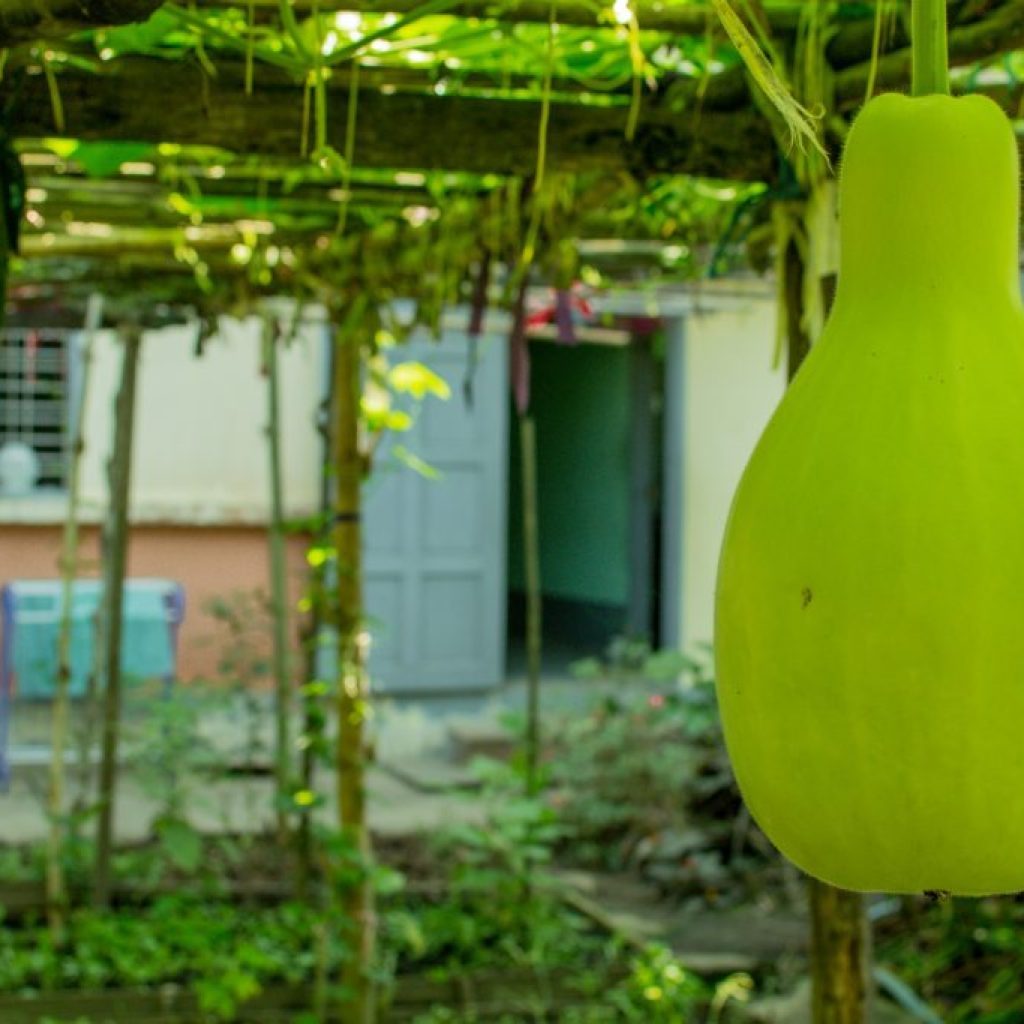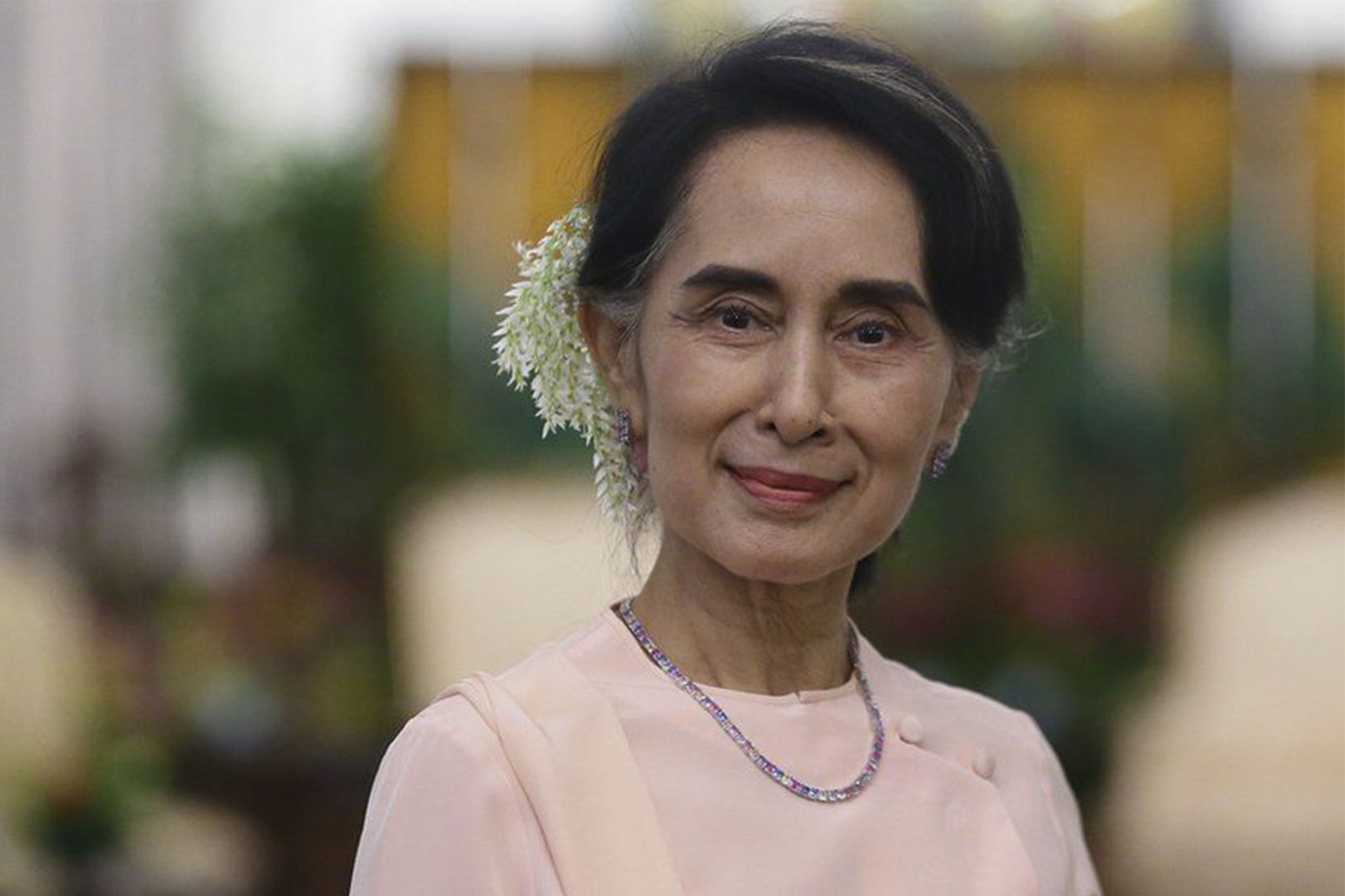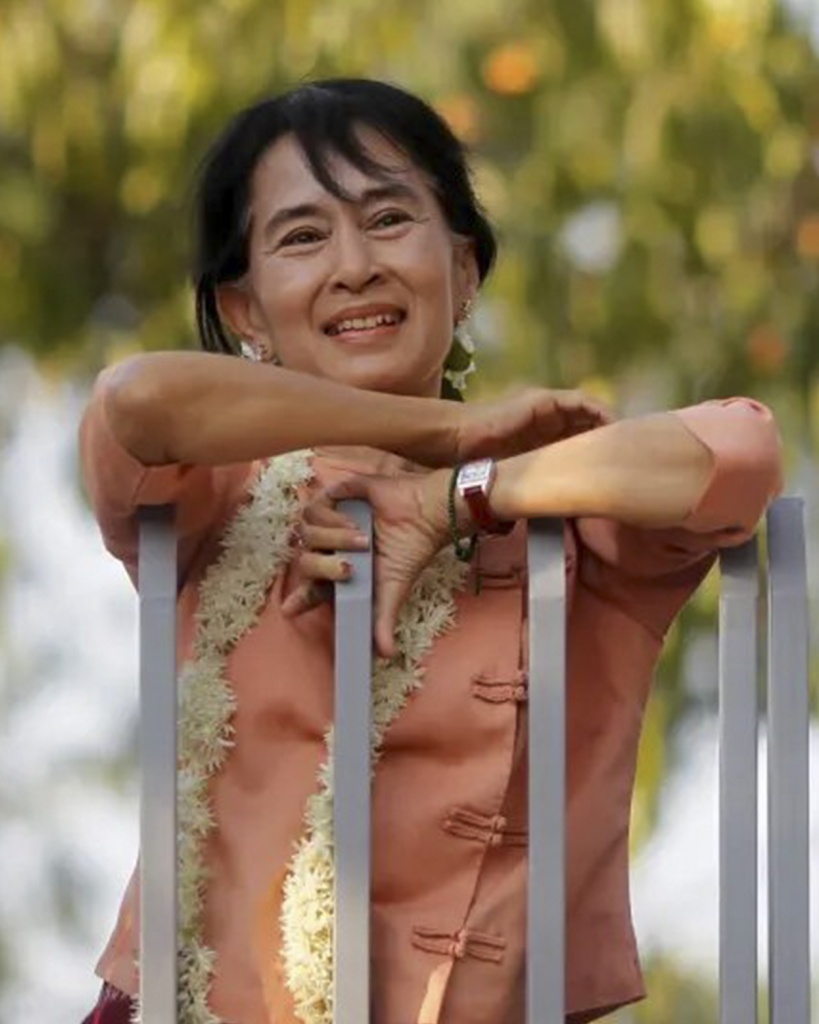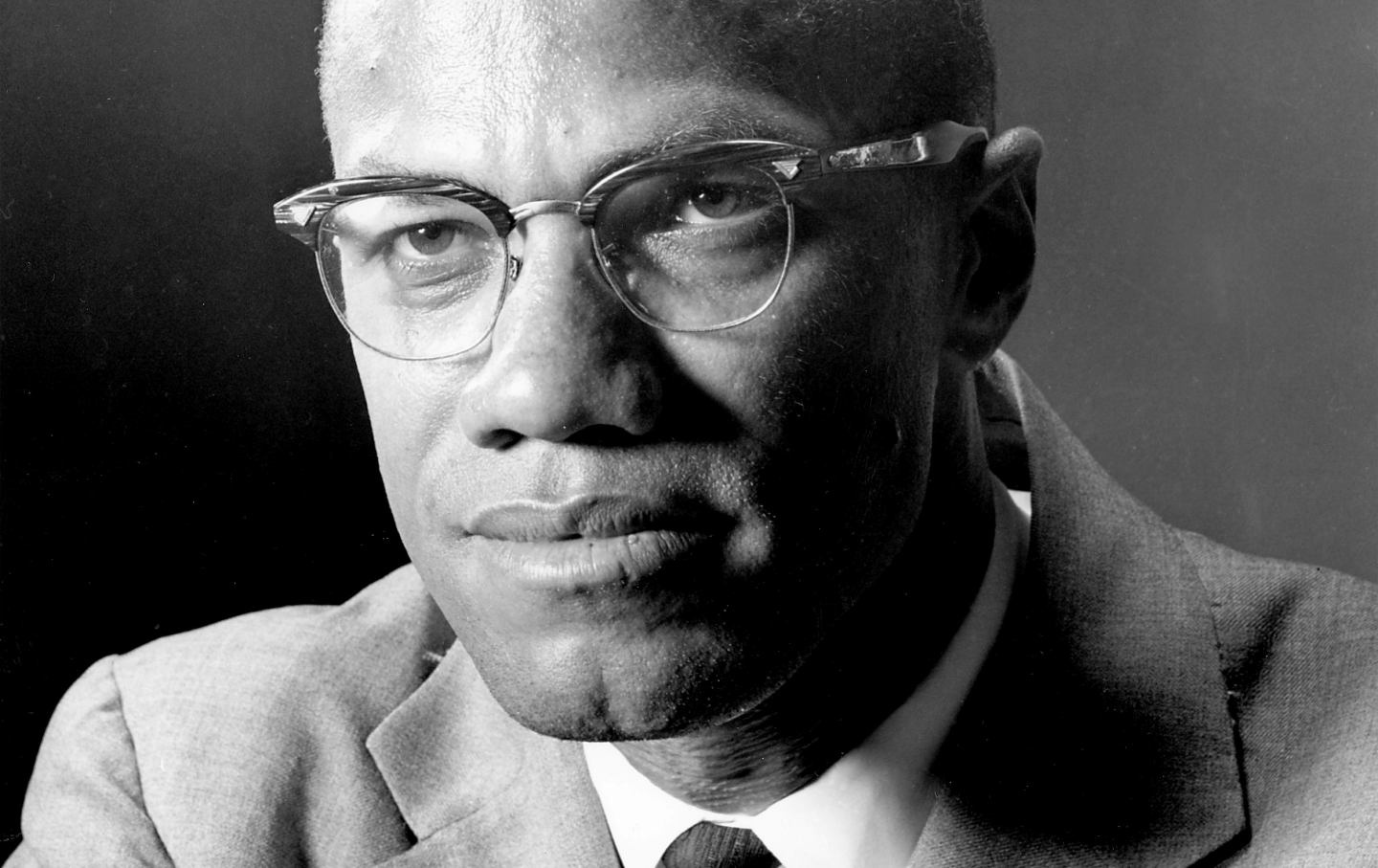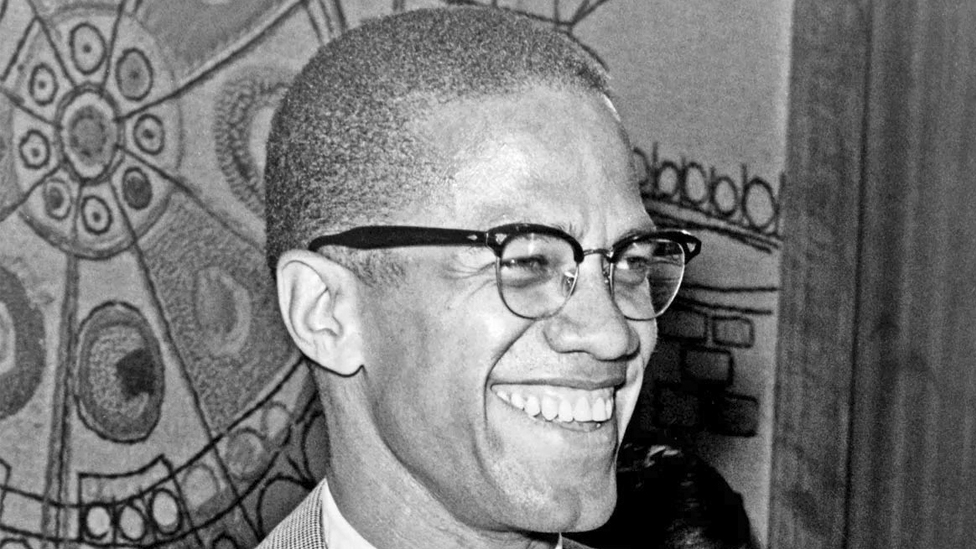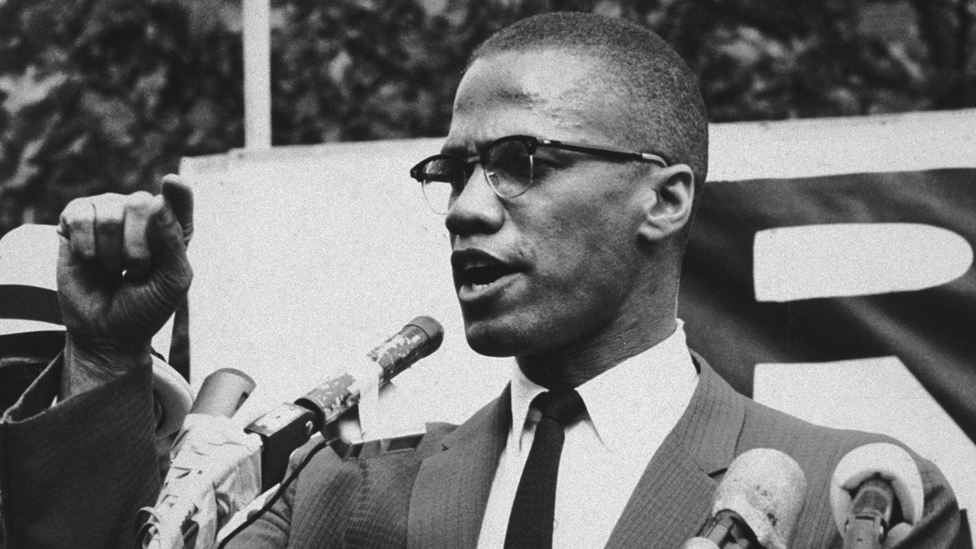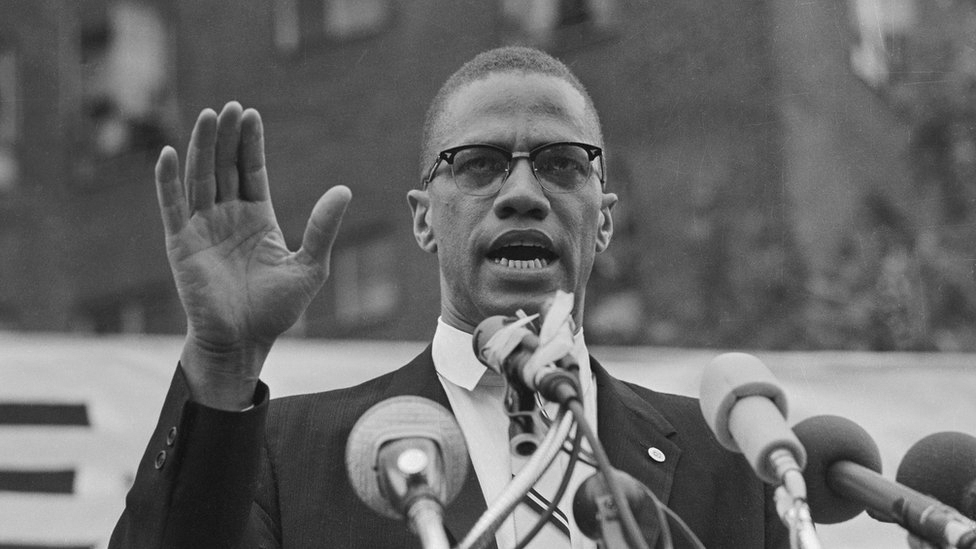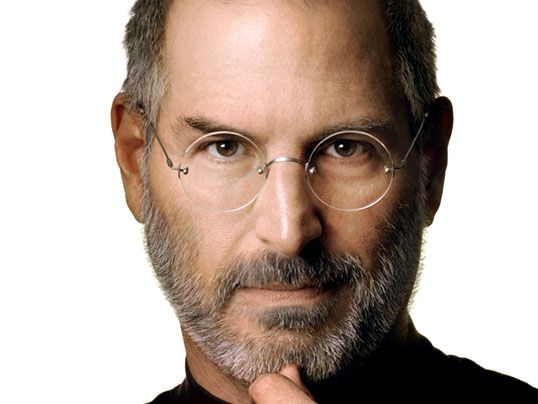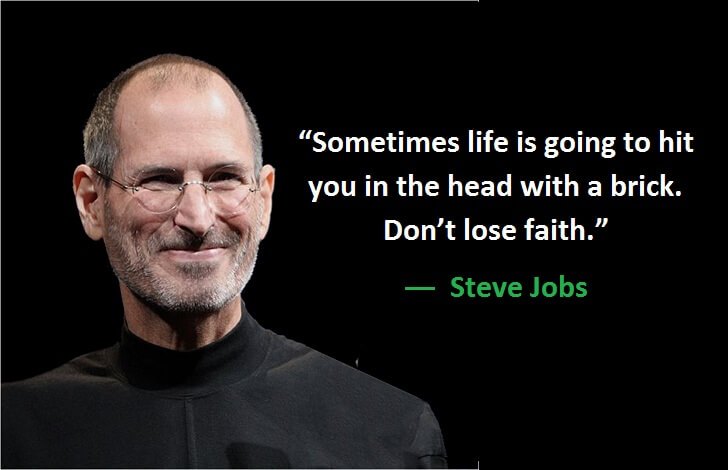Bridgit Claire: A Heart for a Change
Bridgit Mendler: A Heart for Change
#Born on December 18, 1992, in Washington, D.C., Bridgit Claire Mendler is the daughter of Sandra Ford-Mendler and Charles Mendler. She rose to fame as an American actress, singer, and songwriter—gaining popularity through her roles in Disney Channel productions and her distinctive voice in pop music. But beyond her talent in the entertainment industry, Bridgit has proven herself as a compassionate and committed advocate for social causes, particularly those involving children and youth.
Promoting Education, Literacy, and Environmental Awareness
In 2010, Mendler became an ambassador for First Book, an initiative focused on promoting literacy by providing books to children in need. Her involvement was part of Disney’s Friends for Change, a pro-social campaign encouraging environmental responsibility and charitable action among youth.

As part of this movement, Mendler released a promotional single titled “We Can Change the World” on June 11, 2011. The uplifting anthem became the campaign’s theme song and helped raise $250,000 for the Disney Worldwide Conservation Fund—supporting environmental protection efforts around the globe. Her contribution not only inspired fans to take action but also reflected her deep commitment to making a positive difference.
Mendler said, “It’s an easy way for kids to help little ones everywhere get a healthy start and an opportunity to learn just by doing something they do most weekends anyway.”
In 2012, Mendler was honored with the Role Model of the Year Award by Common Sense Media for her active stance against bullying. As the third young artist to ever receive the award—typically given to environmentalists and scholars—her recognition highlighted her influence as a youth leader promoting kindness, respect, and inclusion.
Her advocacy didn’t stop there. In January 2013, she participated in the UNICEF acoustic charity concert held in New York, using her platform to raise funds and awareness for vulnerable children around the world. Her work continued through various public engagements focused on children’s health, online safety, and mental well-being.
A Voice for the Voiceless
Throughout her career, Mendler has remained engaged in initiatives that go beyond the spotlight. She took part in campaigns to end cyberbullying, joined a charity race supporting children’s medical needs in under-resourced countries, and contributed to the Bay Sit-In project—an initiative encouraging teens to give parents a break while promoting early childhood care. She also represented Save the Children during its Annual Advocacy Summit in Washington, D.C., where she spoke on behalf of underserved communities and advocated for global child welfare policies.
Bridgit Claire Mendler continues to exemplify what it means to use fame and influence for good. Her artistic journey may have earned her acclaim, but it’s her commitment to meaningful causes that truly sets her apart. In both her advocacy and actions, Mendler reflects the very heart of the Mary K. Yap Foundation’s mission—to serve and uplift the lives of orphaned and vulnerable children with compassion, dignity, and hope. By standing up for the voiceless and supporting global initiatives that prioritize child welfare, she embodies the spirit of service that our foundation holds dear. We recognize Bridgit not only as an accomplished artist but as a true ally in advancing the well-being and future of children who need it most.









